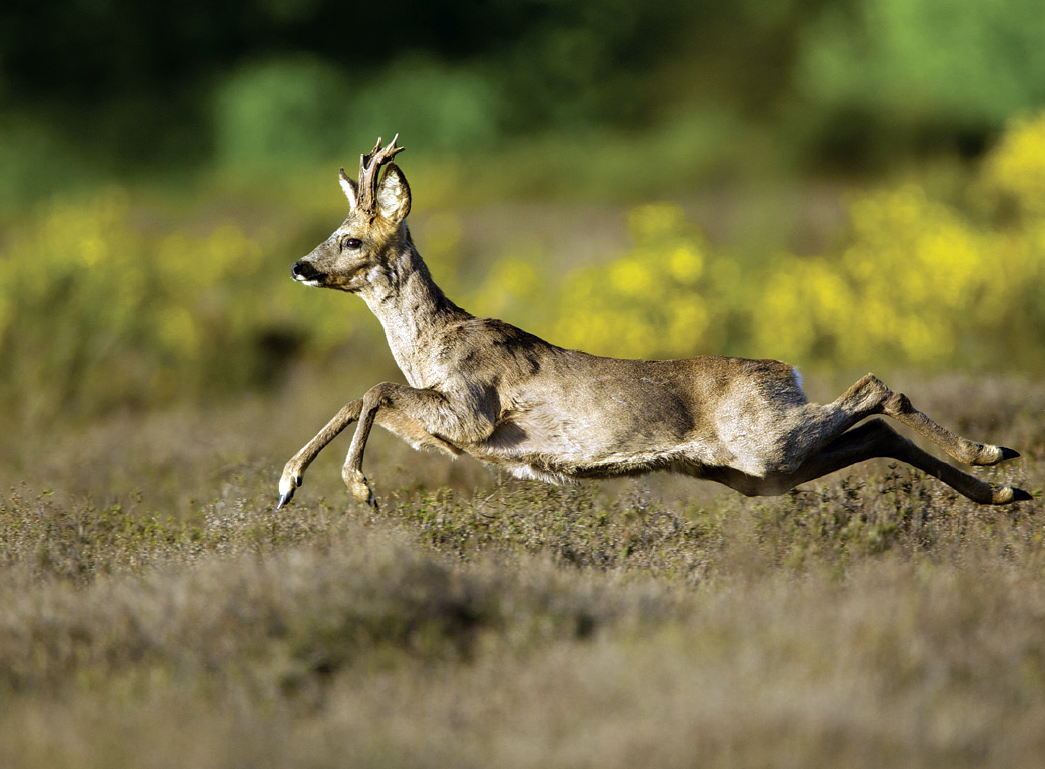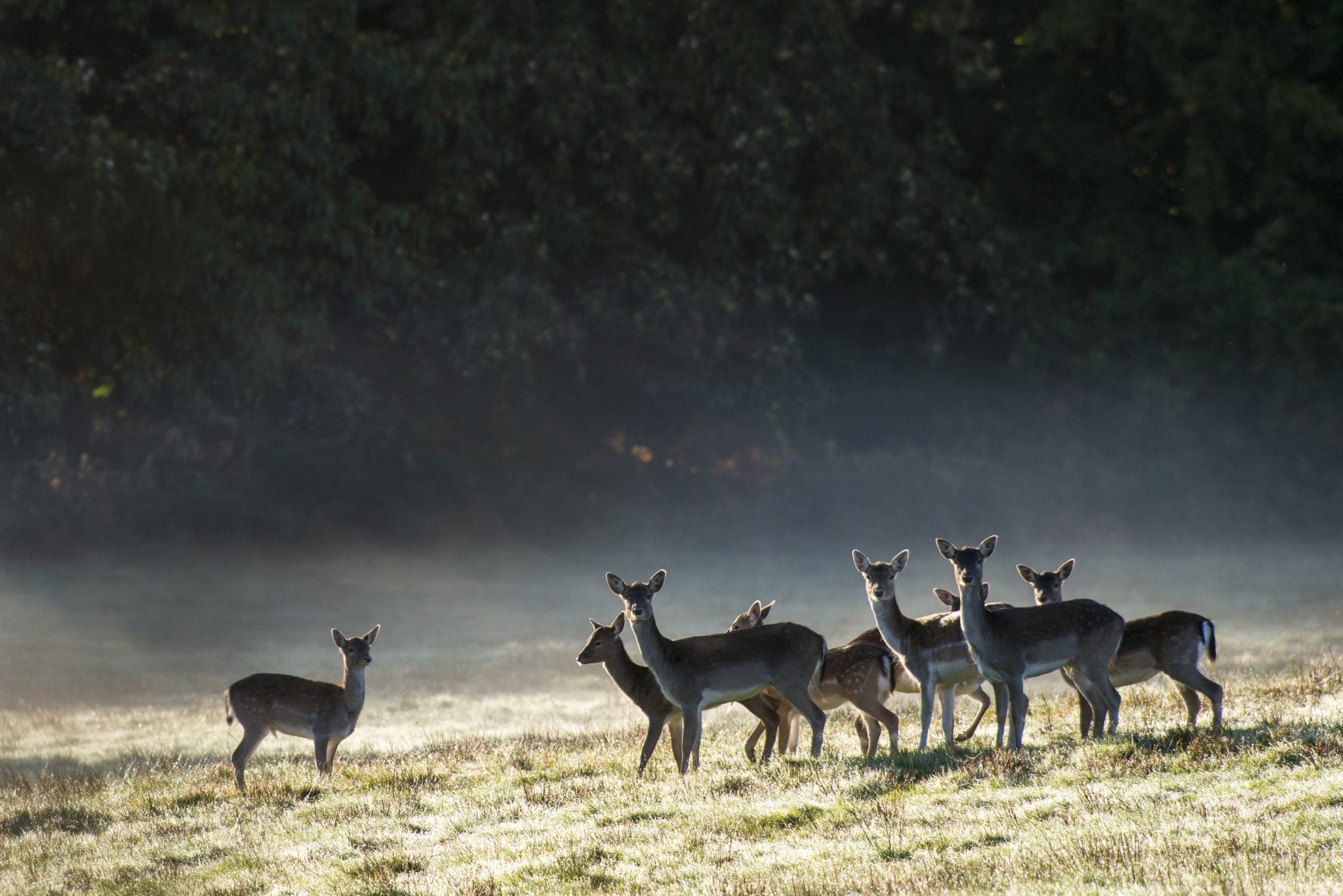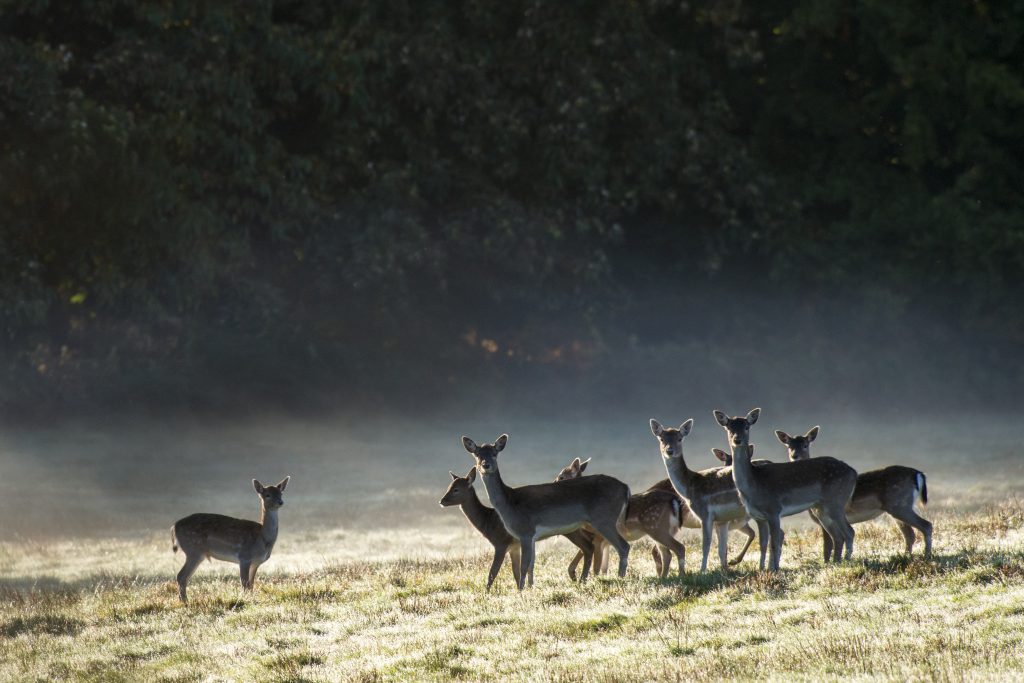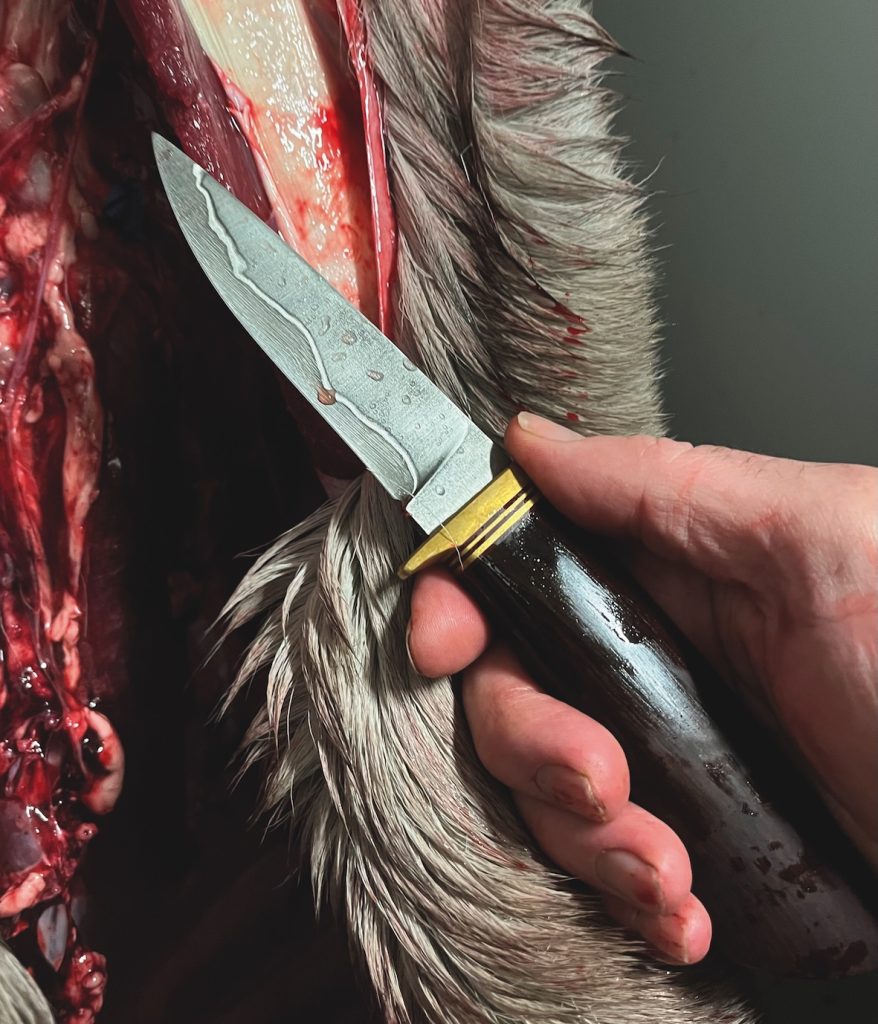The countdown is on for The British Shooting Show – book tickets online today and save on gate price!
Are the deer we stalk in the UK descendants of foreigners?
I seem to recall reading somewhere that Britain’s Roe population almost became extinct many years ago and that the deer we have now are descendants of animals brought in from the Continent and released here.

Is it true; why did the numbers tumble; and when did the first releases take place?
DEER STALKING
George Wallace
Roe deer have been in Britain, off and on, for more than half a million years.
They withdrew during the various ice ages ? though Red deer apparently did not ? and returned each time the ice melted and the world warmed up.
(Global warming was a regular occurrence long before the motor car, so don?t take too much notice of all the bullshit blaming us exclusively for it.)
They became almost extinct by the middle of the 18th Century although there were certainly still good numbers in the far north of Scotland and probably small pockets here and there in England and Wales.
However, deforestation and persecution had brought them close to extinction and it was not until the 19th Century that their absence caused concern and re-introductions took place in the south of England.
As trees were planted, Roe recolonised the whole of Scotland and northern England.
Further south they were re-introduced in the Lake District, in Dorset, at Thetford in Norfolk and in Petworth Park, Sussex.
Most of these came from Scotland and the only confirmed importation of which I am aware was from Wurttemburg to Norfolk in 1884.
There are rumours that the Dorset animals came from France but since the given date was at the height of the Napoleonic Wars, that seems unlikely.
On the other hand, Dorset is much closer to France than it is to Scotland, so we really don?t know.
Related Articles
Get the latest news delivered direct to your door
Subscribe to Shooting Times & Country
Discover the ultimate companion for field sports enthusiasts with Shooting Times & Country Magazine, the UK’s leading weekly publication that has been at the forefront of shooting culture since 1882. Subscribers gain access to expert tips, comprehensive gear reviews, seasonal advice and a vibrant community of like-minded shooters.
Save on shop price when you subscribe with weekly issues featuring in-depth articles on gundog training, exclusive member offers and access to the digital back issue library. A Shooting Times & Country subscription is more than a magazine, don’t just read about the countryside; immerse yourself in its most authoritative and engaging publication.







